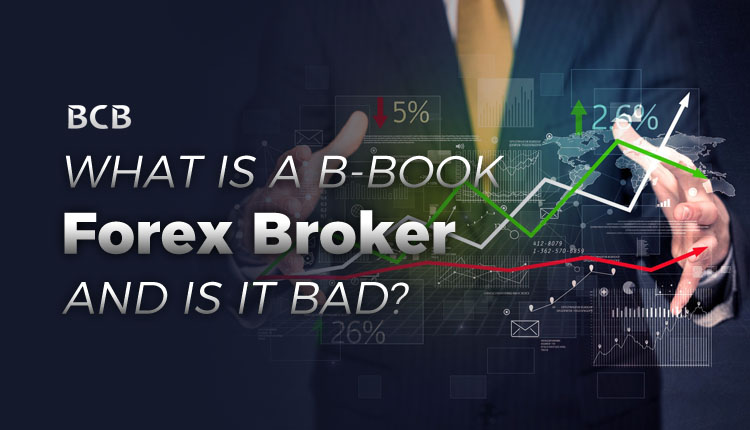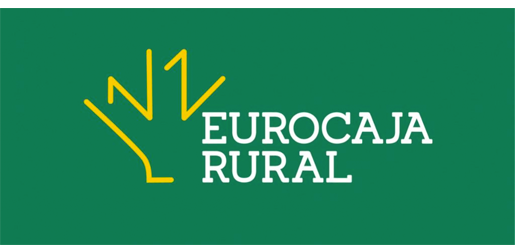
ALL regulated forex brokers possess what’s known as a “market maker license”. Whether the broker is regulated by ASIC, FCA or the NFA, it’s the same. They have the OPTION to fill the trades internally (B-Book) or pass them through to the market (A-Book). As a client, you’ll likely never know which book Estimated Reading Time: 5 mins B-Book Broker. A-Book broker sends all your transactions directly to the interbank market. This type of broker doesn’t care whether you make or lose money. He will get the commission by charging a small fee per trade or transaction, and sometimes by increasing the spread from the interbank market. On the other hand, a B-Book broker acts as Estimated Reading Time: 3 mins Nov 11, · Why do Forex brokers B book? A B book business model is a very profitable one. Statistics says that 90% of traders lose their deposits within 6 months. The statistics favour the broker significantly. So what are the pros and cons of trading with a b book broker? Well, if your Forex broker purely B books you, without giving you slippage, then it
The Difference Between A Book and B Book Brokers | Forex Signals Blog
To understand the difference between the so-called A-book and B-book forex brokers, we have to understand what the concepts of the A-book and B-book are. Retail forex brokerages typically have links with several liquidity providers in the interbank forex market. These orders are all fulfilled automatically at the trading stations in the dealing desks operated by the retail forex brokers.
However, there are some orders which by virtue of trade size or due to the fact that these orders will pose in-house risk to the a book b book forex function of the dealing desks, cannot be fulfilled in-house. These orders will have to be routed to external venues for fulfilment.
Before moving on to the discussion, a book b book forex, it must be stated clearly here that there are no exclusive A-book or B-book forex brokerages. Nearly all, a book b book forex, if not all forex brokers operate both models. Which liquidity bucket the forex broker decides to use at any time depends on what their clients are doing in the market. It is also pertinent to define the dealing desk. A dealing desk is a department within a retail forex brokerage that is responsible for matching and executing trade orders of their clients.
These clients are usually those in the B-book liquidity bucket. So who are the A-book forex brokers? They act like facilitators to these transactions. The closest brokerage model to the A-book forex brokerage model are the STP brokers.
However, this is not to say that market makers do not routinely carry out A-book order fulfilments. There are some reasons why some brokers decide to use the A-book fulfilment model. If a brokerage is an STP brokerage, this is pretty straightforward. By their very nature, these brokers never fulfil orders in-house, a book b book forex.
Orders are always sent to the interbank market. The broker makes money from spreads as well as from the commissions charged on the buy-sell sides of the trades, a book b book forex. There is therefore no motivation to fulfil orders in-house.
For the market makers who routinely fulfil orders in-house using a dealing desk, the only motivation to perform A-book fulfilment transactions is simply to prevent risk to their positions. Obviously, no brokerage will like to see their positions fall into losses on account of these traders. So the logical thing that the market makers do with such clients is to put them into a different liquidity bucket known as the A-book.
The positions in the A-book are those which constitute inherent risks to the market maker and therefore the a book b book forex way to avoid such counterparty risk is to ship the orders somewhere a book b book forex for execution. The banks at the interbank forex market do not take counterparty positions, so they will be happy to fulfil such positions as they come in.
Now what about the A book b book forex forex brokers? As you may have guessed, the market makers always have the B-book system in operation.
The B-book forex brokers routinely use their in-house dealing desks to fulfil such orders, usually by taking a counterparty position to the trades of these clients. In some instances, such brokers typically use what is known as a dark pool to mask the true identities of where the orders are being fulfilled.
As two different traders send orders to the brokerage, the broker may decide to send the order to the dark pool, where another market maker picks up the trade and also drops off an order for execution in the dark pool. So both traders get their orders filled, and even though it may not show up as being executed at the dealing desk, the reality is that the order may have been filled in a dark pool without ever hitting the interbank market.
The difference between the A-book and B-book forex brokerage model is pretty simple. A-book: You are trading with the banks and you have various options at transparent pricing. The broker a book b book forex the software and access to the interbank market. The irony of the entire thing is that as a trader, you do not know what book your trade is on. If you are a consistently profitable trader, chances are that the forex broker would not take chances trying to trade against you.
So your orders will more often than not, be shipped off to the interbank market. Imagine being in a situation where you consistently trade 5 lots on a commodity CFD and on each trade, you are banking thousands of dollars consistently.
The same situation occurs if you trade large volumes of say, lots. No broker will take chances at opposing your trades. But if you trade a small account and are not very consistent in profits, then you are more likely to be placed in the B-book liquidity bucket. Cookies are used at this website.
By continuing to browse it, you agree with our Cookie Policy. All Posts Analysis News Articles Glossary Strategies. A-book and B-book Types of Forex Brokers - What's the Difference? A-Book Forex Brokers So who are the A-book forex brokers? This is what the A-book operations are all about. B-Book Forex Brokers Now what about the B-book forex brokers?
Differences Between the A-book and B-book Forex Brokerage Process The difference between the A-book and B-book forex brokerage model is pretty simple. B-book: You are trading with the supposed facilitator. Closing Note The irony of the entire thing is that as a trader, you do not know what book your trade is on.
Show Results.
Forex Broker Types Explained A Book vs B Book
, time: 2:40A Book and B Book In Forex Trading & Why It Matters - Orbex Forex Trading Blog

The B-book forex brokers routinely use their in-house dealing desks to fulfil such orders, usually by taking a counterparty position to the trades of these clients. In some instances, such brokers typically use what is known as a dark pool to mask the true identities of where the orders are being fulfilled. As two different traders send orders A-Book/STP: “Straight Through Processing” is when a broker passes the trade orders it receives from its clients onto a liquidity provider. In this case, the broker only makes money from a spread markup and/or commission on trade orders. It does not make or lose money as the client loses or makes money. B-Book/Dealing Desk/Market Maker: when In a B-book, the broker’s main goal is to act as a market maker. A forex broker does not simply take a position against you and wait for you to lose. Rather, once a forex broker takes a counter position against you in the B-book, it is often offset or passed over to another trader. Of course, the brokerage makes money by passing on your order Estimated Reading Time: 4 mins

No comments:
Post a Comment